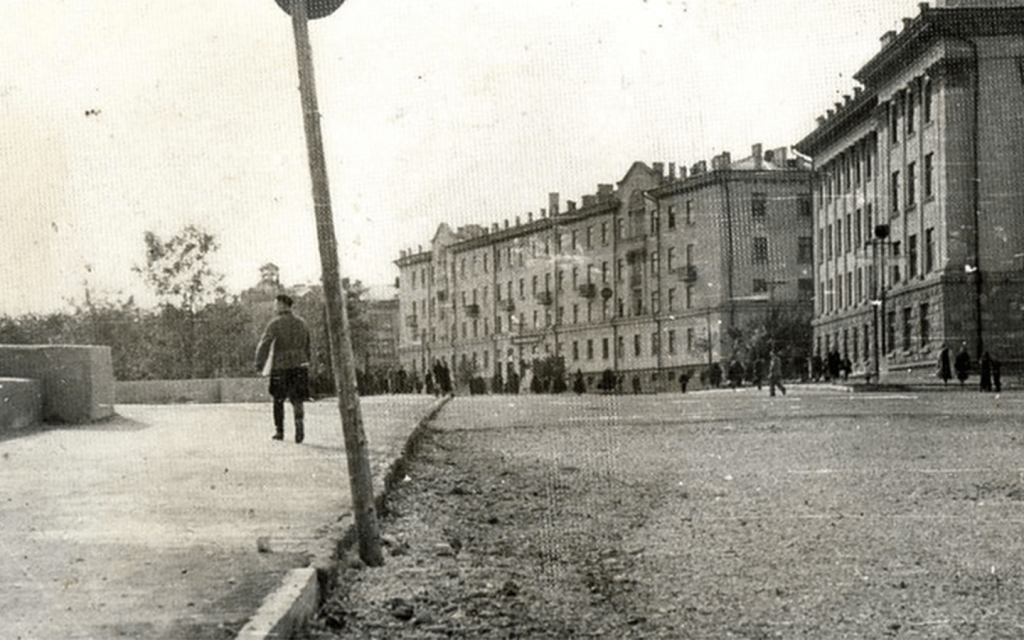‘MY BRILLIANT FRIEND’ SHOWS THE HARD LIFE OF WOMEN AND GIRLS IN 1950s NAPLES

“You always overdid it, Lila, when we were little and now that we’re old, too.”
When people are watching content now, they are typically looking for great storylines, strong characters and memorable cinematography. Before, this type of strong storytelling where dreamlike trances are induced, were found mostly in films but lately, some TV shows are so spectacular, every episode, creates a feeling of awe. That is the best way to describe the viewing experience of the Italian series ‘My Brilliant Friend’ (L’amica geniale).
The miniseries is based on a novel of the same name by Elena Ferrante, the pseudonym for an Italian author who is believed to be born in Naples in 1943. Her book was originally published in 2011 and it was adapted for TV and released on HBO this year. it is unbelievably poetic, bold, and very well done.
The story is about a friendship between two young girls, Elena (Elisa Del Genio) and Lila ( Ludovica Nasti) who live in a small town in Naples in the 1950s. It begins with Elena in her old age. She’s awakened by a phone call and is frazzled as she deals with news of her old friend Lila. She has been missing for two weeks. Still Elena is brisk on the phone with the messenger, ‘Rino,’ cold and even harsh about removing herself from the situation, telling him, “it’s your problem, I can’t help you.”
From the opening scene, it seems as though the relationship between her and her friend Lila was terrible, so it only seems natural then that she should be spiteful, even vengeful about acting against Lila’s wishes by writing her story. Her first words are threatening as she writes, “you always overdid it, Lila, when we were little and now that we’re old, too … I promised you I’d never do it but I’m really angry, and so I’ll write your whole story, not just what I saw, but what I know and what you told me, everything you told me over the years. This time I’m going to go all the way too.”
As the story unfolds, a confusing mix of emotions are awakened as the audience sees the complicated relationship between Elena and her friend Lila in episodes 1 and 2 of the series.
Lila is shown as a precocious little girl, sassy and full of unrealized potential. She’s unrelenting in believing in her value and her wit. Even when it would be better to be quiet, it’s against her nature to hesitate in voicing her mind. That’s what leads her into so much trouble in the first two episodes of the show.
Unfortunately for Lila, despite her intelligence, she is born into the wrong time period. The story is set in the 1950s in a time where things are still rough in Naples because people were recovering from an economic hit after a war that took place a decade before. Also, women’s suffrage was just granted several years earlier in 1945 so imagine the misogynistic men, probably feeling that their masculinity was being threatened by women who traditionally, were taught to be quiet. Lila was radical for a girl of her time and age because she was not conforming to traditional roles of women and girls of that time.
Her persistence and focus is admirable, especially since girls of that period were often made to feel small in comparison to the boys. You can also see this abusive behaviour within how the men interact with their wives and daughters in the series.
This bitter atmosphere is not elusive to a smart girl like Lila and as a result, the hostile environment seeps into her too, even at such a young age. Lila has a maturing darkness in her. She is great at observing, quick to develop conclusions based off of little information, and quite remarkable at problem solving. So, when she risks her safety, along with Elena’s, to skip school and visit the sea for the first time (without the permission of their parents) one has to wonder, was it done in spite of Elena? Is she so jealous that Elena’s family is giving her opportunities that she yearns for? Is this the start of a toxic relationship between her and Elena?
It’s sad really that she happens to be so brilliant because her misogynistic father clearly wants to trap her into tradition. That she should have the liberty to learn while the rest of the family works is outrageous to him, not only because of the period they were in, but because of their community as well
Their small town is desolate, colourless, and most of the people who live there have generational roots. Also, it seems that though they have schools and a book store, academia isn’t really introduced as an option for much of the community. Children are expected to grow and learn enough to help their family businesses and therefore do manual labor of some sort. So, it’s a surprise both to Lila’s teacher and probably the audience to find a gem of an eager student in Lila. Where did she get the idea that there is more to the world than the little town which she has never left? Was it from books? Though, she can’t afford them so, who is helping to develop this curiosity in her?
Her intelligence is both a blessing and a curse. Since she’s charmed with wit and imagination, it will be hard for her to bear a life of monotony while knowing there are opportunities and adventures just beyond her reach.